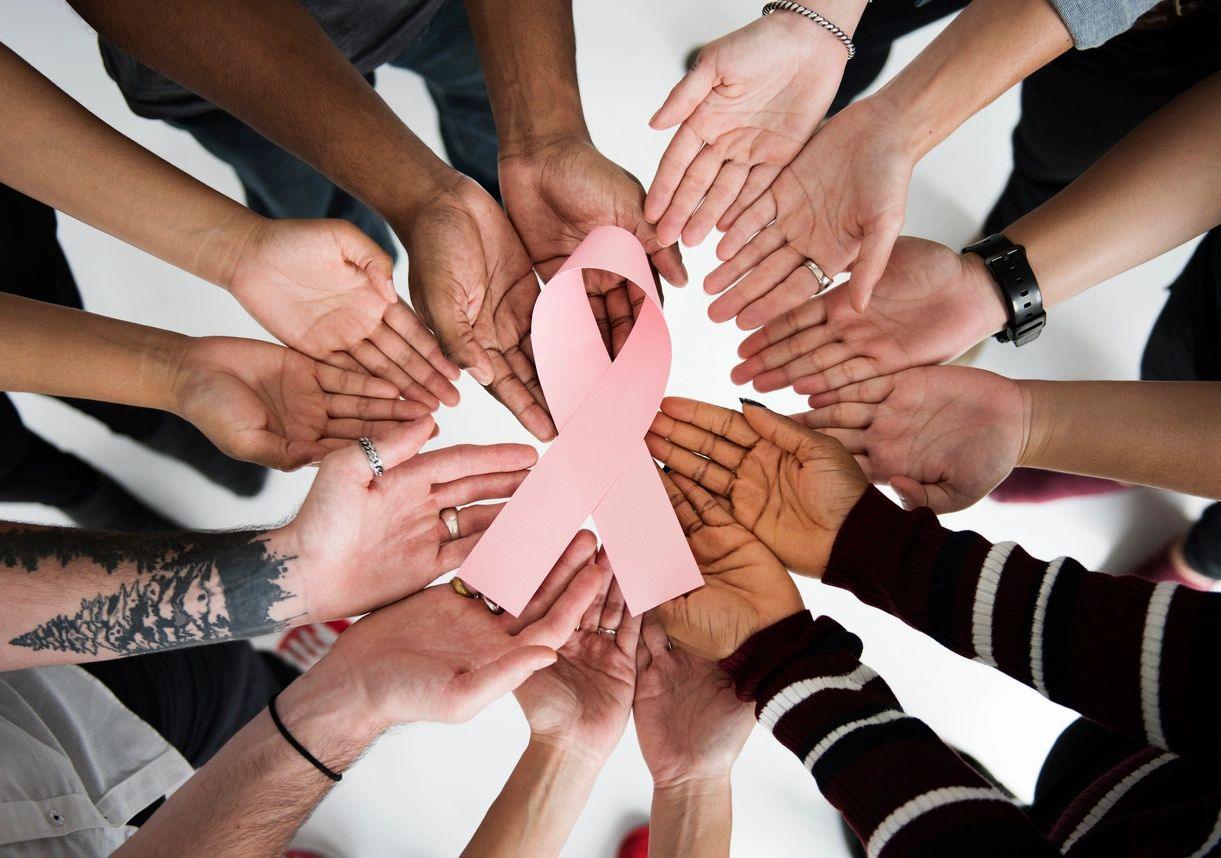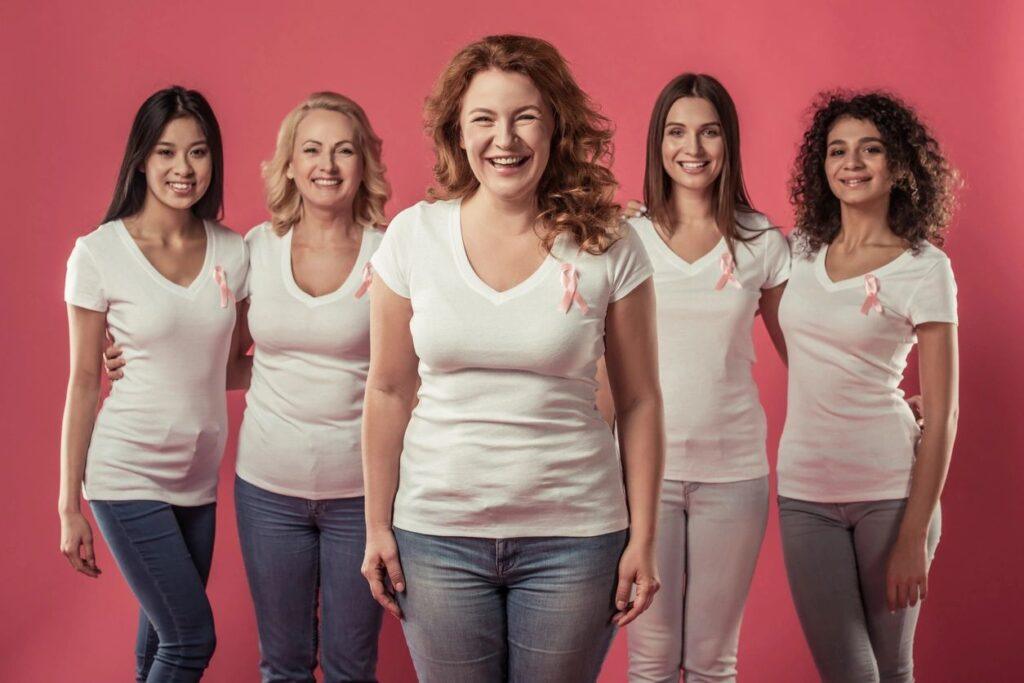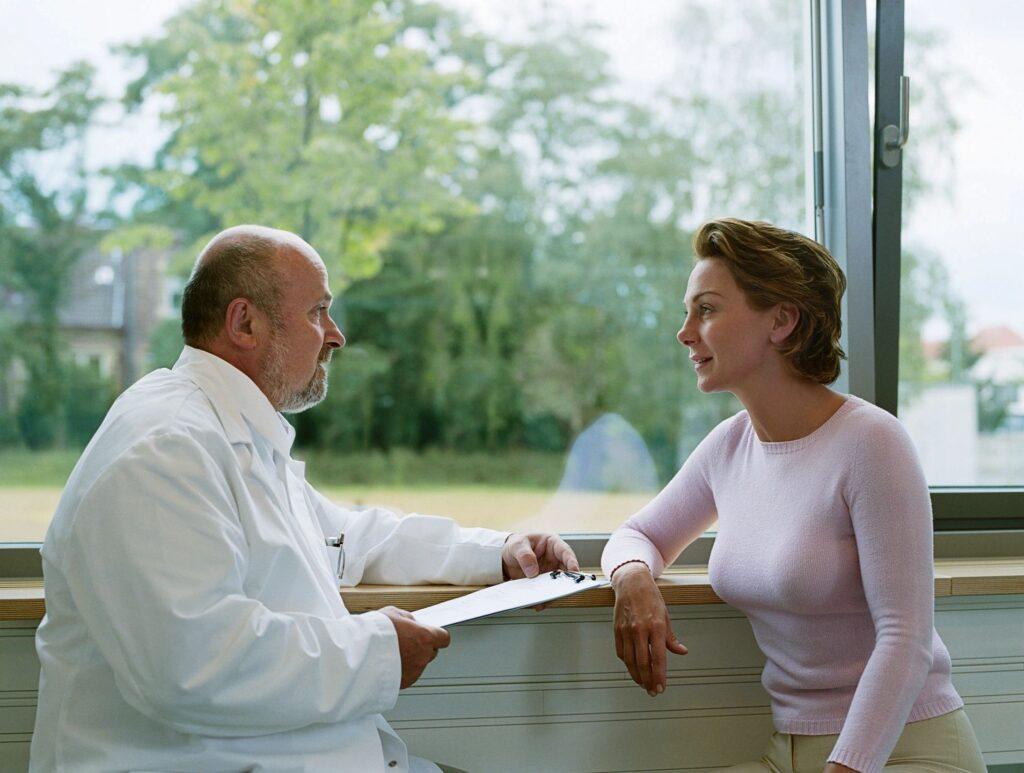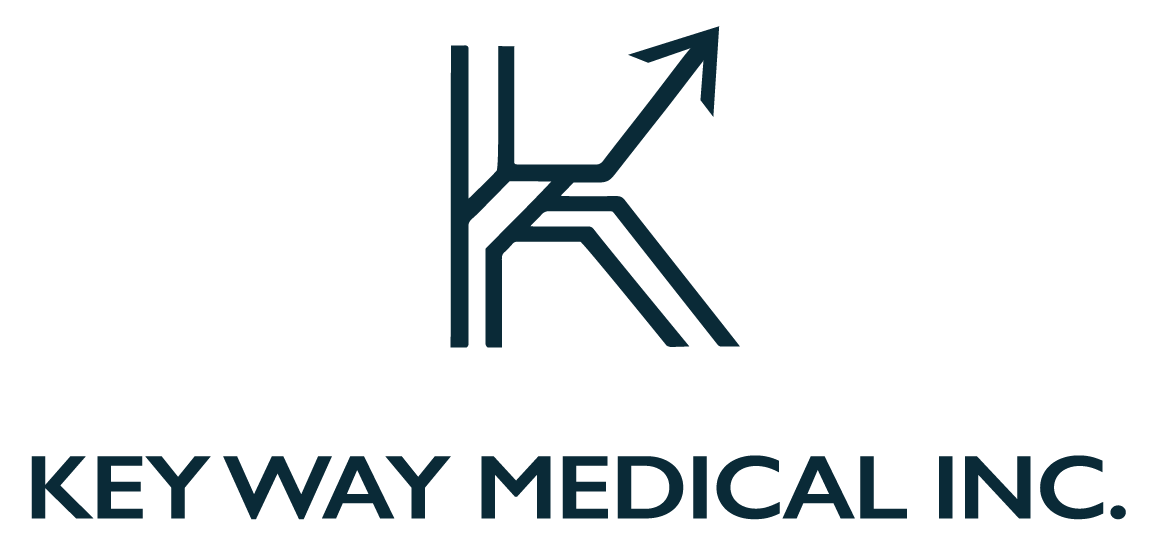
Senior Breast Cancer Awareness: Important Facts to Know
Breast Cancer Awareness Month, observed every October, is a time to raise awareness about breast cancer, encourage education, and highlight the importance of early detection. While breast cancer is often associated with younger women, it’s important to note that seniors face unique risks and considerations. In fact, older adults represent a significant percentage of breast cancer diagnoses each year.
In this article, we’ll share general information about breast cancer for seniors, including what to watch for and the importance of regular screenings. Please remember, this is for informational purposes only. It’s essential to seek advice from your healthcare provider for personal health decisions.
Understanding Breast Cancer in Older Adults
As women age, the risk of developing breast cancer increases. It’s estimated that nearly half of all breast cancer cases are diagnosed in women over the age of 65. While breast cancer can affect anyone, older adults may face additional challenges when it comes to treatment and recovery.
Key Factors
- Age as a Risk Factor: The risk of developing breast cancer increases with age.
- Health Considerations: Older adults often have other health conditions, such as diabetes or heart disease, which may impact the way breast cancer is treated.
It’s important to understand that while age may increase the risk of breast cancer, early detection and consultation with healthcare professionals can play a critical role in managing the disease.
Common Signs and Symptoms of Breast Cancer
Recognizing the symptoms of breast cancer early can be crucial. While regular screenings are important, it’s equally vital to stay aware of any changes in your body. Below are some common signs of breast cancer to be mindful of.
Potential Symptoms to Look Out For
- A lump or thickening in the breast or underarm area.
- Changes in the size, shape, or appearance of the breast.
- Skin changes, such as dimpling or redness.
- Nipple discharge (other than breast milk), especially if it is bloody.
- Changes in the appearance or direction of the nipple.
If you notice any of these symptoms, please contact your healthcare provider. They can guide you on the appropriate next steps, including further tests or screenings.
The Importance of Regular Screenings
Routine screenings are one of the most effective ways to detect breast cancer early. However, seniors may wonder how often they should continue getting mammograms or if there’s a time to stop regular screenings.
Screening Guidelines
- Mammograms: Mammograms are a common method for detecting breast cancer. The decision to continue regular mammograms as you age should be made with your healthcare provider, who will consider your overall health, family history, and personal risk factors.
- Self-Exams: While breast self-exams can help you stay aware of changes, they are not a substitute for professional screenings. However, they can be useful in helping you become more familiar with your body.
- Clinical Exams: Periodic clinical breast exams by a healthcare professional can be an additional tool, especially for seniors who may not be as mobile or able to perform self-exams.
It’s always a good idea to consult your healthcare provider about the best screening plan for your needs. They can offer personalized advice based on your medical history and overall health.
Risk Factors for Breast Cancer in Seniors
Breast cancer has many risk factors, and while age is a significant one, other factors can also contribute to the likelihood of developing the disease. Understanding your risk can help you and your healthcare provider make informed decisions about screenings and prevention.
Common Risk Factors
- Family History: A family history of breast cancer can increase your risk, especially if close relatives were diagnosed at a younger age.
- Genetics: Inherited genetic mutations (such as BRCA1 or BRCA2) can raise the risk of breast cancer.
- Hormone Therapy: Long-term use of hormone replacement therapy (HRT) has been associated with an increased risk of breast cancer.
- Lifestyle Factors: Diet, exercise, and alcohol consumption can play a role in breast cancer risk. Maintaining a healthy lifestyle is beneficial at any age.
Your healthcare provider can help you understand your specific risk factors and what steps you can take to potentially reduce them.
Treatment Options for Seniors with Breast Cancer
Breast cancer treatment options vary depending on the type of cancer, its stage, and the individual’s overall health. While there are standard treatment methods, such as surgery, chemotherapy, and radiation, the choice of treatment can be influenced by other health conditions or personal preferences.
Potential Treatment Options
- Surgery: Options may include a lumpectomy (removal of the tumor) or a mastectomy (removal of one or both breasts). The appropriate choice depends on various factors, including cancer stage and overall health.
- Chemotherapy: Chemotherapy is a common cancer treatment but can have side effects that may be more challenging for seniors to manage. Your doctor will help weigh the benefits and risks.
- Radiation Therapy: Radiation is often used after surgery to target remaining cancer cells. Shorter radiation schedules may be recommended for seniors to minimize side effects.
- Hormonal Therapy: For certain types of breast cancer, hormonal therapy can be effective. Your healthcare provider will explain if this treatment is appropriate for you.
Please consult your healthcare provider to discuss the best treatment options for your specific circumstances. They will work with you to ensure the treatment plan fits your health and lifestyle needs.
Staying Active and Healthy During Breast Cancer Treatment
Staying physically and mentally active can be beneficial during breast cancer treatment. Maintaining a healthy lifestyle may improve your well-being and help manage side effects. However, it’s essential to consult your healthcare provider before making any changes to your routine.
Tips for Maintaining Well-Being
- Light Exercise: Activities like walking, stretching, or light yoga can help improve mood and maintain strength. Always check with your healthcare provider before starting any new exercise routine.
- Balanced Diet: Eating a nutritious, balanced diet can support your immune system and energy levels. Focus on nutrient-rich foods like fruits, vegetables, lean proteins, and whole grains.
- Emotional Support: Managing emotional health is just as important as physical health during cancer treatment. Reach out to loved ones, support groups, or counselors if you need emotional support.
Be sure to discuss any lifestyle changes with your healthcare provider, as they can help guide you on what’s appropriate for your health condition.


Support Networks and Resources for Seniors
Facing breast cancer can be overwhelming, but you don’t have to go through it alone. Many organizations offer resources specifically for seniors, providing emotional, financial, and practical support.
Resources for Seniors
- American Cancer Society (ACS): ACS offers a wealth of information on breast cancer and support services, including local resources.
- Breast Cancer Support Groups: Many organizations offer support groups for seniors, where individuals can share their experiences and find encouragement from others who have faced similar challenges.
- Caregiver Resources: If you’re a caregiver for a senior with breast cancer, there are resources available to help you provide the best possible care while also taking care of your own needs.
Your healthcare provider can also connect you with local resources and organizations that specialize in senior cancer care.
Conclusion
Breast Cancer Awareness Month serves as a reminder for seniors to stay informed about their health. Whether through regular screenings, maintaining a healthy lifestyle, or seeking support, there are steps you can take to manage your breast health. However, it’s important to consult your healthcare provider for personalized advice based on your individual health needs.
As we continue to spread awareness, let’s remember that breast cancer affects people of all ages and that early detection and informed healthcare decisions can make a big difference. Stay proactive, stay informed, and always prioritize your health.
References
Johns Hopkins Medicine. (2024). Mammograms and More: Breast Cancer Screening Guidelines. Retrieved from https://www.hopkinsmedicine.org/health/conditions-and-diseases/breast-cancer/mammograms-and-more-breast-cancer-screening-guidelines#:~:text=Start%20at%2040%20years%20old,through%2080%20years%20of%20age.
American Cancer Society. (2024). Breast Cancer Facts & Figures 2024-2025. Retrieved from https://www.cancer.org/research/cancer-facts-statistics/breast-cancer-facts-figures.html
National Cancer Institute. (2024). Breast Cancer Treatment for Older Women. Retrieved from https://www.cancer.gov/types/breast/patient/breast-treatment-pdq
Mayo Clinic. (2024). Breast Cancer in Older Adults: Understanding the Symptoms and Risk Factors. Retrieved from https://www.mayoclinic.org/diseases-conditions/breast-cancer/symptoms-causes/syc-20352470
Breast Cancer Research Foundation. (2023). Breast Cancer in the Elderly: Treating this Growing Patient Population. Retrieved from https://www.bcrf.org/blog/breast-cancer-elderly-treating-growing-patient-population/


